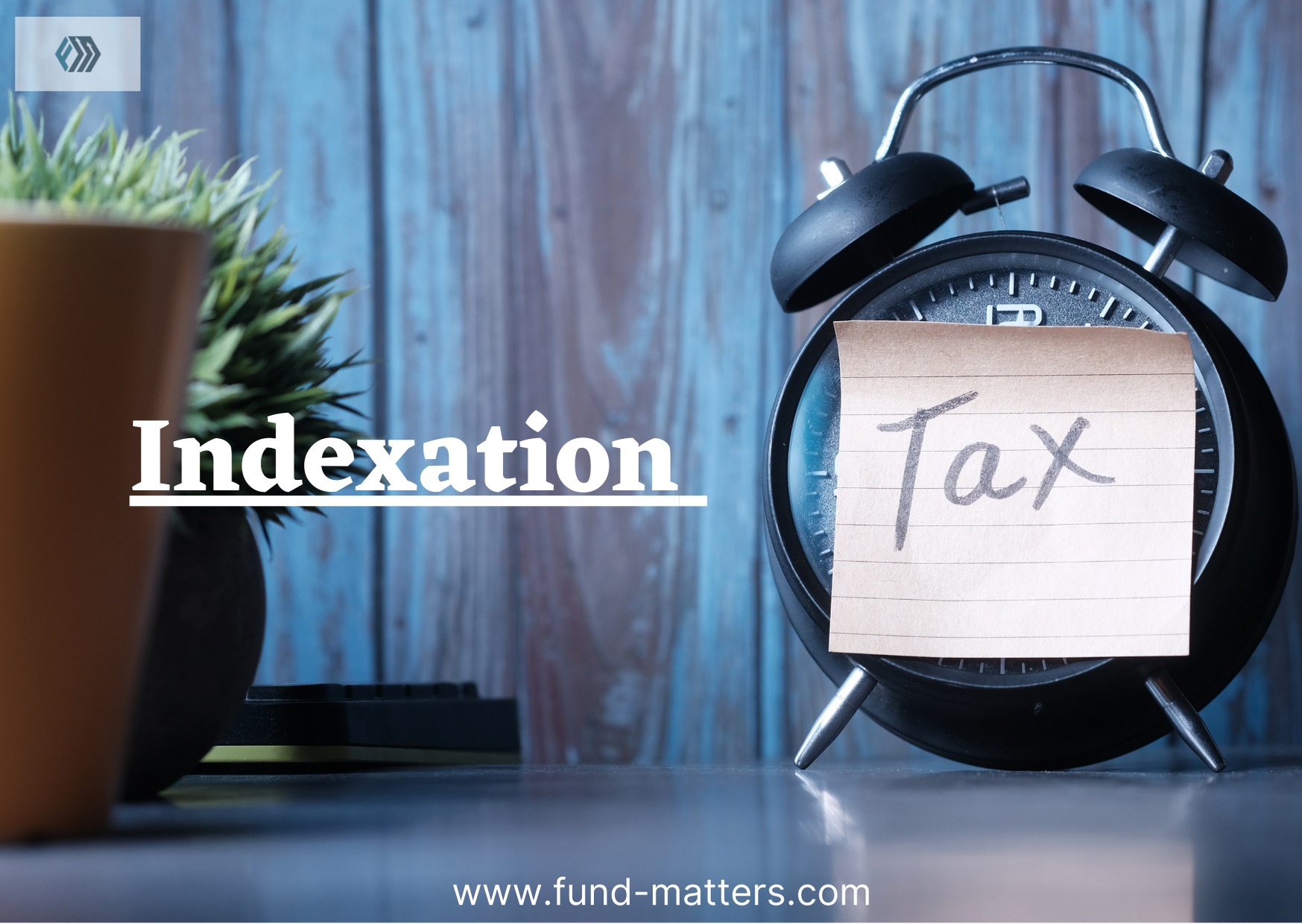All About Indexation

You might have come across the word ‘Indexation” in connection with debt mutual funds or while real estate dealings.
But what is Indexation?
For understanding indexation, first, you need to understand the concept of inflation. Inflation, is nothing but the rise in the cost of product /services with the time. To put it simply, a chocolate of Rs. 20 today, may cost Rs. 40 after 5 years. This happens because ‘purchasing power’ of money reduces over the time.
The definition of Indexation –
“Indexation is a technique to arrive at profit/loss on investment by considering the effect of inflation which accounts for a rise in prices, cost of goods and services, and a decrease in currency value or purchasing power of money.”
Indexation is a way used to adjust the purchase price of investment to show the effect of inflation on it. Cost Inflation Index (CII) is used to find out increase in the prices of goods and assets year-by-year due to inflation.
Now, what is CII?
Indexation is like gains on investment gets adjusted for inflation and for this Cost Inflation Index is used. CII is a data or price issued by central government representing the inflation and it gets updated every year as inflation is different every year. The CII is 75% of the average rise in the Consumer Price Index (CPI) for the previous year. Consumer Price Index compares the current price of a basket, (representing the economy and is a mix of goods and services) with that of previous year to calculate the increase in prices. One can refer the updated CII table/numbers on income tax India website- here.
CII for last 20 years below- Source:- incometaxindia.gov.in
| Sl. No. | Financial Year | Cost Inflation Index |
| (1) | (2) | (3) |
| 1 | 2001-02 | 100 |
| 2 | 2002-03 | 105 |
| 3 | 2003-04 | 109 |
| 4 | 2004-05 | 113 |
| 5 | 2005-06 | 117 |
| 6 | 2006-07 | 122 |
| 7 | 2007-08 | 129 |
| 8 | 2008-09 | 137 |
| 9 | 2009-10 | 148 |
| 10 | 2010-11 | 167 |
| 11 | 2011-12 | 184 |
| 12 | 2012-13 | 200 |
| 13 | 2013-14 | 220 |
| 14 | 2014-15 | 240 |
| 15 | 2015-16 | 254 |
| 16 | 2016-17 | 264 |
| 17 | 2017-18 | 272 |
| 18 | 2018-19 | 280 |
| 19 | 2019-20 | 289 |
| 20 | 2020-21 | 301 |
The benefit of indexation in investing is that- it adjusts the value of an investment to calculate capital gains and helps to reduce the tax effectively considering the impact of inflation. In other words, one can use indexation to lower capital gains or taxable income. Indexation is used in debt mutual funds, Sovereign Gold Bonds and in property dealings. CII is used as a base for indexation benefit cost.
Formula to calculate indexed cost of investment :
Indexed Price Or Index Cost of Investment = Original Purchase Price * (CII of Year of Sale/ CII of Year of Purchase)
Sounds complicated? Let’s understand this with an example:
Suppose, Mr. Avinash invested Rs.1 lakh in a debt fund in the year May 2016. After 3 years, in June 2019, he redeemed his money and received say Rs.2 lakh. Here, Rs. 1 lakh capital gain is considered as his long term capital gain (LTGC) as he is holding the fund for 3 years (debt fund)* but he don’t need to pay any tax on this Rs.1 lakh because he first needs to find the actual gains after indexation; Hence after applying the indexation formula –
=Purchase price*(CII in year of sale/CII in year of purchase)
=1,00,000*(289/264)
=109469.70
Now, Mr. Avinash’s capital gains after indexation will be 2,00,000 -1,09,469.70=90,530.30. Mr. Avinash has to pay tax on the amount of Rs. 90,530 than entire Rs.1 lakh gain.
Indexation is a great tool to reduce taxation on long term capital gains, but make sure, you are investing for at least 3 years (debt funds/SGB) to take advantage of this benefit.
*For mutual fund taxation you can refer this article- Mutual Fund Taxation.
Sources: incometaxindia.gov.in, Internet



